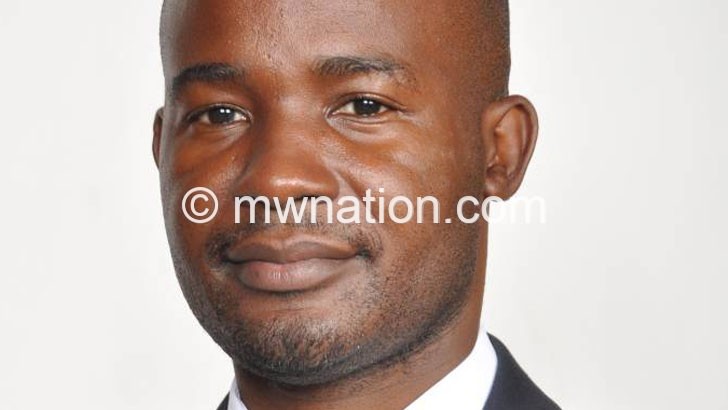Budget committee calls for reallocation of funds
The Budget and Finance Committee of Parliament has challenged Treasury to balance the budget by reallocating idle funds from low absorption sectors to deserving areas to achieve rapid socio-economic development.
The committee’s chairperson Sosten Gwengwe said this on Wednesday during the presentation of a report on the Mid-Year Budget Statement delivered by Minister of Finance, Economic Planning and Development Joseph Mwanamvekha in Parliament last Friday.

While describing this year’s budget as a consumption fiscal plan, he wondered how the minister is struggling to find resources to finance the budget when there are “huge outstanding unspent funds in most allocations”.
In the K1.8 trillion revised budget, K1.4 trillion will be spent on emoluments and other recurrent transactions (ORT), leaving only K470 billion for development projects.
Out of the K470 billion, K333 billion is planned to be foreign financed while the remaining K137 billion is expected to be sourced domestically.
Gwengwe said such small allocation for development purposes is a red flag for the current and future generations.
He said: “This country has a serious challenge in absorbing foreign-financed resources and to an extent even our own domestically-funded projects.
“If we don’t utilise the donor funds, they certainly revert back to source.”
Gwengwe cited government ministries, departments and agencies (MDAs) that have performed poorly in funds absorption during the first six months of this fiscal year.
He mentioned the National Local Government Finance Committee’s donor-funded projects that were budgeted at K19 billion, but six months down the line, only K4.5 billion has been utilised.
In the Ministry of Education, Science and Technology, donor-funded projects have been revised to K24 billion but only K2.4 billion has been utilised, representing a 10 percent absorption rate.
In the Ministry of Finance, Economic Planning and Development, donor-funded projects amount to K41 billion while only K3.7 billion has been absorbed, representing a nine percent absorption rate.
Similarly, on locally-financed projects, Treasury has only spent K82 million out of K775 million.
At the Ministry of Health and Population, donor-funded projects have been budgeted at K21 billion, but only K191 million has been utilised.
In view of this, Gwengwe wondered whether the MDAs will spend the remainder of the resources by June this year.
He said: “As we look for resources to fund the elections, the committee encourages the minister to continue looking for idle funds in the budget and channel them to more pertinent votes.
“For example, Vote 341 Malawi Police Service has been revised from K54 billion to K77 billion. Why? ORT has been revised upwards by a whopping K13 billion at a time Malawi Electoral Commission budget is K3 billion shy. This House certainly needs a thorough explanation.”
Gwengwe said Malawi seems to be a nation obsessed with personal allowances rather than efficient public service delivery.
He said if Malawi will not invest in improving public sector service delivery, all the money from donors will continue reverting back to source for lack of absorption capacity.
The committee has recommended that Treasury should endeavour to create an enabling environment for private sector to thrive and support investment into energy, agriculture and infrastructure development.
It has also recommended that procurement laws and policies should favour indigenous Malawians, especially in the supply of generic goods and services.
Mwanamvekha is expected to respond to the issues raised by the committee in his winding up speech.





